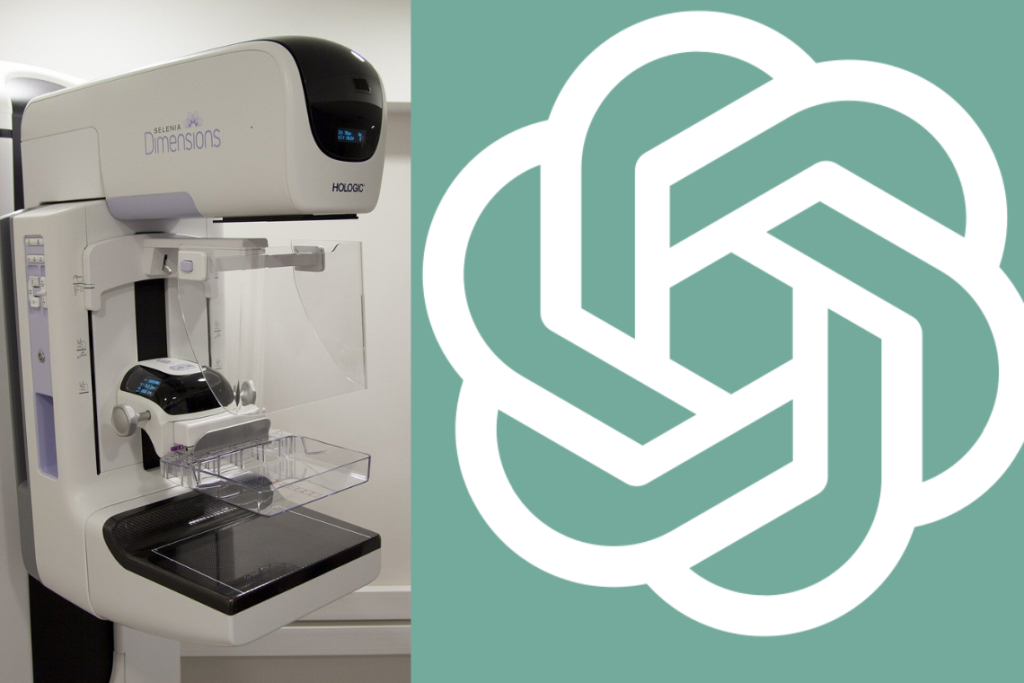ChatGPT 4 excels at selecting the appropriate imaging tests.
A recent study conducted by investigators from Mass General Brigham in the US has found that OpenAI’s ChatGPT, a large language model, can assist in the clinical decision-making process for selecting radiological imaging tests related to breast cancer screening and breast pain. The study, published in the Journal of the American College of Radiology, suggests that large language models like ChatGPT have the potential to support primary care doctors and referring providers in evaluating patients and ordering appropriate imaging tests.

According to the corresponding author of the study, Marc D. Succi, ChatGPT can act as a bridge between healthcare professionals and expert radiologists, functioning as a trained consultant to recommend the right imaging test at the point of care. This can potentially reduce administrative time, optimize workflow, alleviate burnout, and decrease patient confusion and wait times.
During the study, the researchers presented 21 hypothetical patient scenarios involving breast cancer screening or breast pain to ChatGPT 3.5 and ChatGPT 4, both by asking open-ended questions and providing a list of imaging options. ChatGPT 4, the newer and more advanced version, outperformed ChatGPT 3.5, particularly when given a set of imaging choices. For instance, when asked about breast cancer screenings with multiple imaging options, ChatGPT 3.5 provided correct answers to an average of 88.9% of prompts, while ChatGPT 4 achieved approximately 98.4% accuracy.
The study focused on comparing ChatGPT’s performance against the appropriateness criteria established by the American College of Radiology, rather than comparing it to practicing radiologists. Succi clarified that the aim of the study was not to argue that AI is superior to doctors in selecting imaging tests, but rather to highlight its potential as an adjunct tool to optimize a doctor’s time on non-interpretive tasks.

